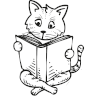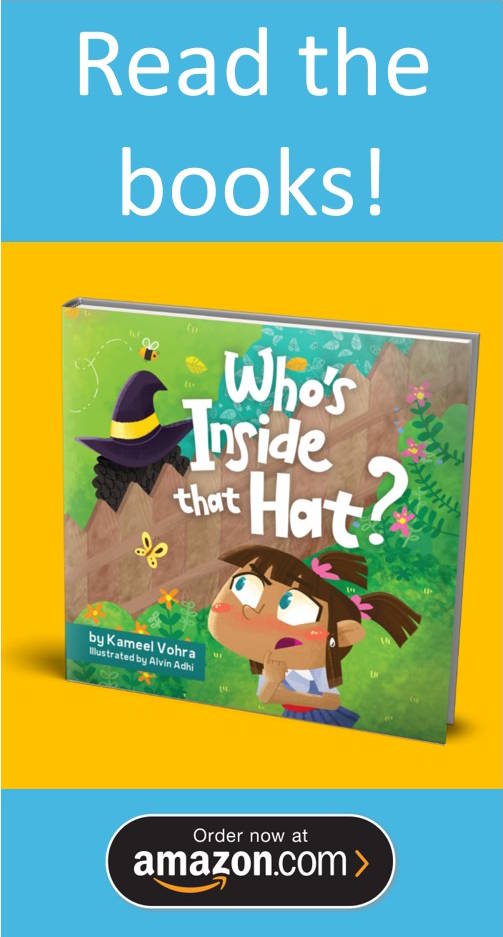Handing down wisdom through stories is the oldest form of teaching – and is still a very common practice. It helps elders communicate important cultural and moral lessons to younger generations. It establishes links with cultural identity, and provides children guidance on how to handle various situations. What do you do when you don’t have the luxury of family elders telling stories though? Can good moral story books help children in the same way? How do you pick a story book that’s good for your child?
Children relate to characters not just action
“Children learn how to act and how to be persons of virtue by learning how their imagination and consciences are shaped and captured. Stories teach honesty, courage, and kindness, especially in a society where everyone is too absorbed and busy to supply a good example.” – William Bennet, United States Secretary of Education
Children are drawn to what the characters did and how they reacted. A great story allows them to reflect on what happened and think about what they would do in a similar situation. They help children realise what are healthy behaviors and what are behaviors to stay away from.
Well-crafted moral stories help children recognize behaviors that are healthy and behaviors to should to stay away from. Talking with parents about what they read helps them to work though and think about what they read. With the help of parents to guide them, books can be effective tools to guide good choices.
As parents, make sure to ask questions. For example, ask why they think a character reacted like that or did something that way. Thought provoking questions make children think about what they are reading and why a character did something.
Moral stories become powerful when a child comes to their own conclusions about why they should or shouldn’t act in certain ways. Think about the difference between telling your child a straight ‘no’ and when you explain to them why you are saying ‘no’.
While moral stories can help children develop a strong sense of right and wrong, remember they also need to be invested in the story.
Moral books should be fun too
“I must remind myself that ‘good’ is an approximate term. A second-grader once asked me for ‘a really, really good book,’ and I asked him, as librarians do, what he considered a good book. He eyed me with thinly veiled impatience and replied, ‘Medium-long with poisonous snakes.’” – Laura Amy Schlitz, 2007 Newbery Medal acceptance speech
While a thoughtful book that educates your child or has a moral is good for growth, they should still be engaging. Children (like adults) aren’t likely to sit through things they find boring, and they’re definitely not going to do so repeatedly.
Every child will have their own version of ‘good’, whether it’s poisonous snakes, magic hats, or space ships. It’s always good to experiment with genres, but try and find books that tick both boxes for your child. Stories that are light on morals or education are like deserts, great in small quantities – but not the healthiest option as a main course.
Stories with morals help children build a moral compass
Children aren’t born knowing right from wrong. According to Birgitta Dahl, parent educator at Seattle Central Community College, preschoolers closely watch how you handle different situations & learn from your example. She also recommends good books for building morals, especially topics which you might find tough to discuss.
“Books are really wonderful for any kind of subject that you as a parent may need a little help vocalizing.” – Birgitta Dahl, parent educator at Seattle Central Community College
Stories with morals help teach children important lessons on everything from culture, behaviour, to dealing with tricky situations and recognising right from wrong. Ideally the stories should allow the children to reflect and decide what’s good and bad – rather than being told it directly through the story. Combined with parental interaction, the mental exercise of deciding if a character’s actions are good or bad, will help them develop their understanding and capability to make assessments.
Reading to your children has many benefits, and the right stories will help you share your values and morals with them. Whichever books you read to them, don’t forget to make sure it’s got the ‘poisonous snakes’ your kids are looking for!


